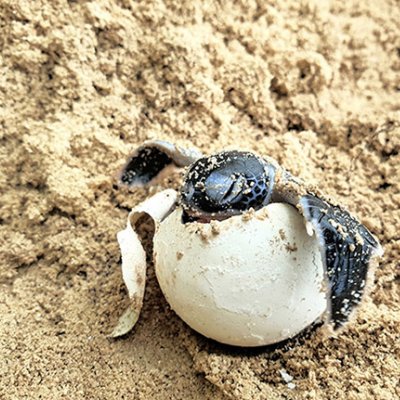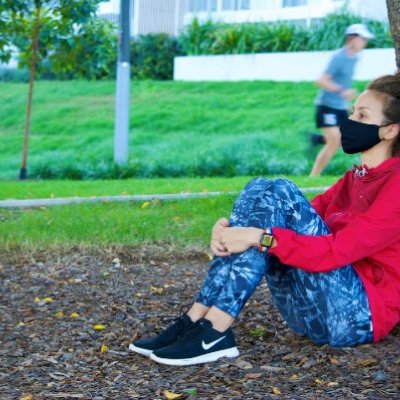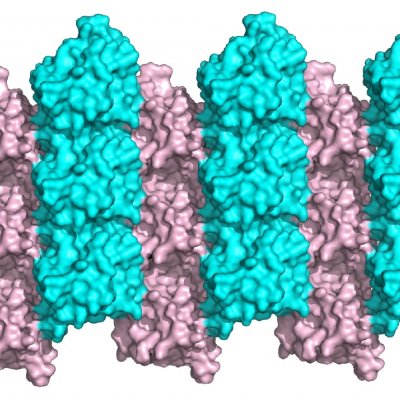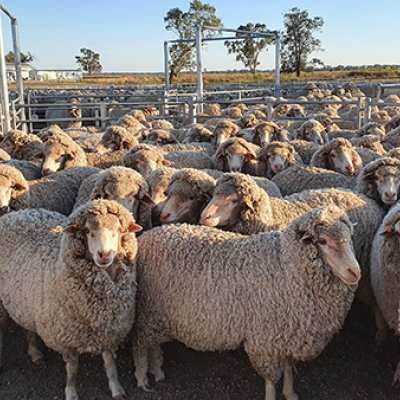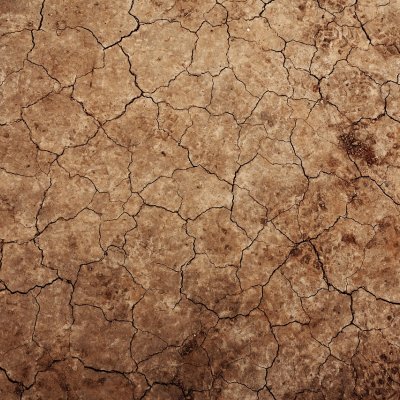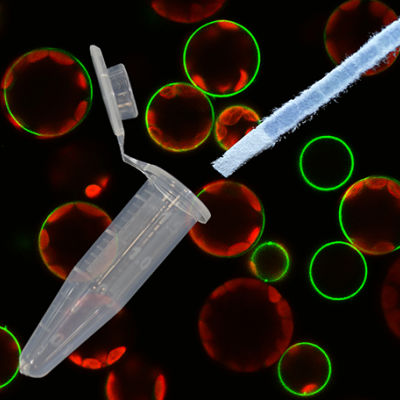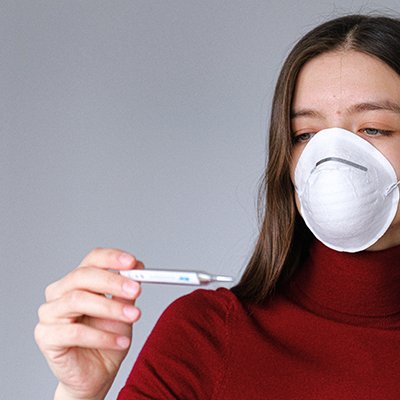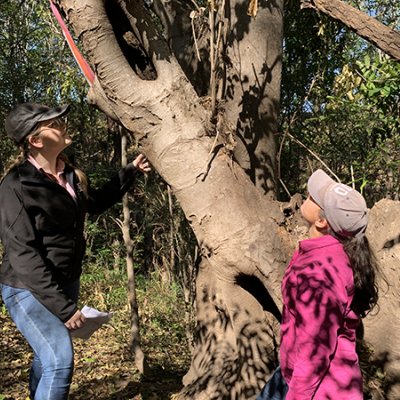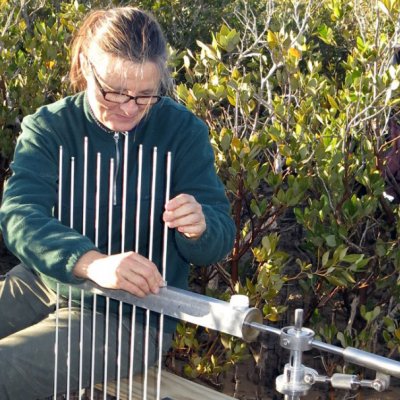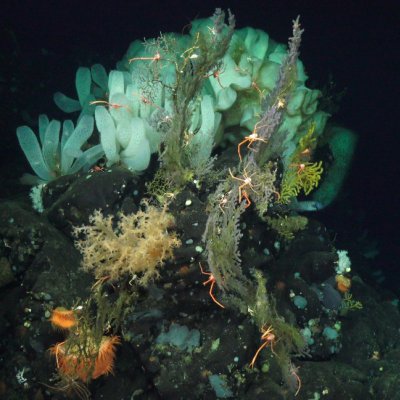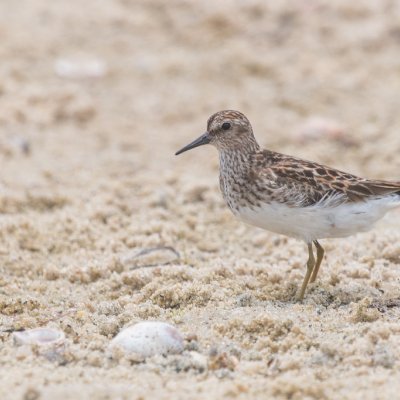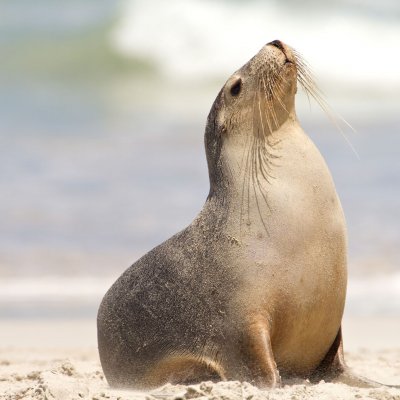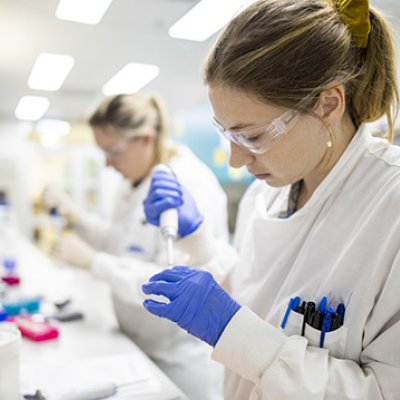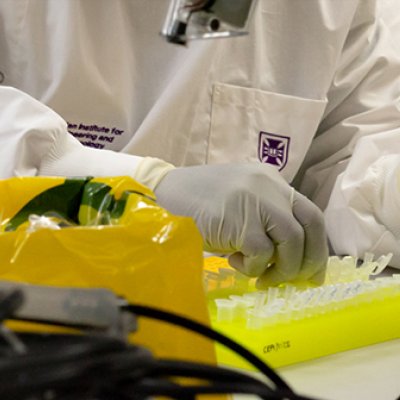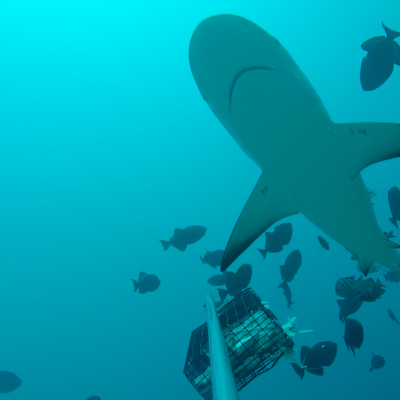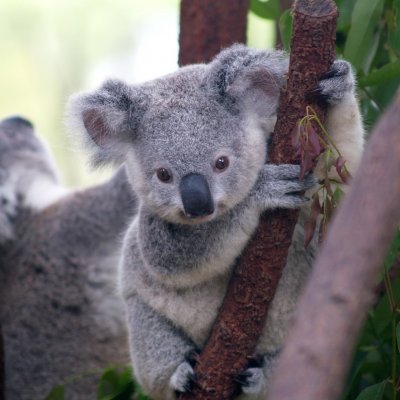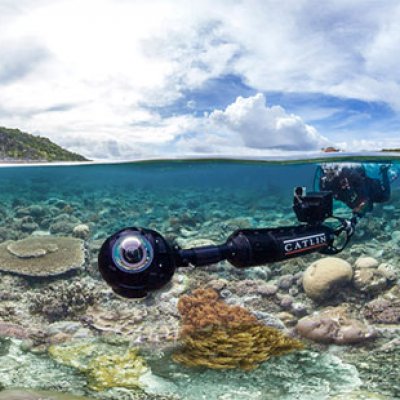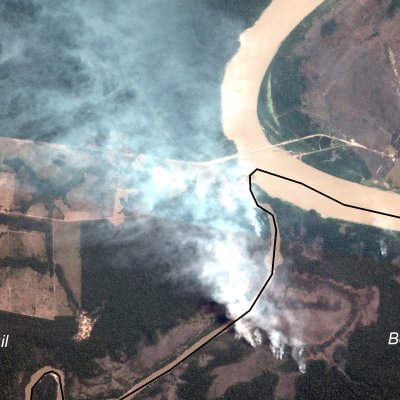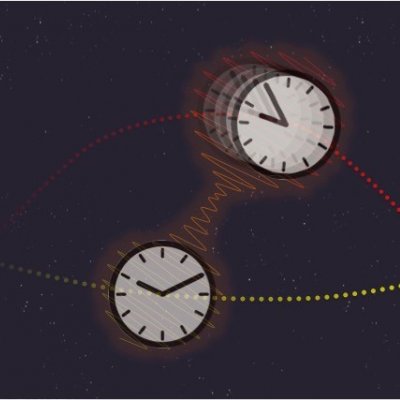As silicon-based technology reaches its absolute limits, a material engineered by University of Queensland researchers could herald the next generation of electronics with more memory, faster speeds and advanced features.
8 July 2021Climate change is causing the “feminisation” of green turtle populations in far north Queensland, but a study shows seawater irrigation could potentially reverse the male drought.
15 June 2021Public use of parks and reserves increased only slightly during last year’s COVID-19 national lockdown despite gyms and sports facilities shutting down, a University of Queensland study found.
28 May 2021Scientists have visualised and investigated a key molecular pathway that could one day help treat inflammation, diabetes, cancer, infectious diseases and potentially even COVID-19.
11 May 2021More frequently sheared pregnant sheep are more active, have lower stress levels and produce lambs with finer wool, according to University of Queensland research.
3 December 2020Mega-droughts – droughts that last two decades or longer – are tipped to increase thanks to climate change, according to University of Queensland-led research.
30 October 2020Technology that helps to quickly extract and analyse genetic material could be used for cheap, accurate and mobile COVID-19 testing, including at airports and remote testing centres.
6 October 2020Researchers are hoping volunteers who’ve recovered from COVID-19 in recent months will provide vital clues about the way the virus interacts with diabetes.
27 July 2020Giant, invasive Chinese elm trees with a trunk circumference of up to three metres are being swiftly slain thanks to a new herbicide technology developed by The University of Queensland and BioHerbicides Australia.
23 July 2020Two University of Queensland environmental scientists have been named 2020 Australian Laureate Fellows.
9 July 2020The world’s deep oceans are warming at a slower rate than the surface, but it’s still not good news for deep-sea creatures according to an international study.
26 May 2020As the world looks to tighten up the illegal capture of wildlife, migratory birds are being threatened by widespread and unsustainable hunting across the Asia-Pacific region.
21 May 2020Populations of Australia’s threatened mammals have declined by 38 per cent on average in 20 years, yet research shows conservation efforts have led to significant recoveries.
23 April 2020The University of Queensland’s potential COVID-19 vaccine is entering an important new phase of testing with the live coronavirus to determine how effectively it induces protection against coronavirus infection.
9 April 2020A University of Queensland team has met a key milestone in their fast-tracked research to develop a vaccine for the coronavirus, COVID-19.
21 February 2020‘No-take’ marine reserves - where fishing is banned - can reverse the decline in the world’s coral reef shark populations caused by overfishing, according to an Australian study.
24 January 2020The protection of Australia’s threatened species could be improved by a factor of seven, if more efficient ‘umbrella’ species were prioritised for protection, according to University of Queensland research.
7 January 2020More than one million high-resolution images from 860 of the world’s coral reefs have been made available to scientists by The University of Queensland and ocean conservation non-profit, Underwater Earth.
16 December 2019As thousands of wildfires and deforestation escalate in the Amazon rainforest, a team of international scientists has called for governments to enact six key goals to protect the vital wilderness.
20 November 2019More accurate clocks and sensors may result from a recently proposed experiment, linking an Einstein-devised paradox to quantum mechanics.
9 October 2019- 1 of 15
- next ›

